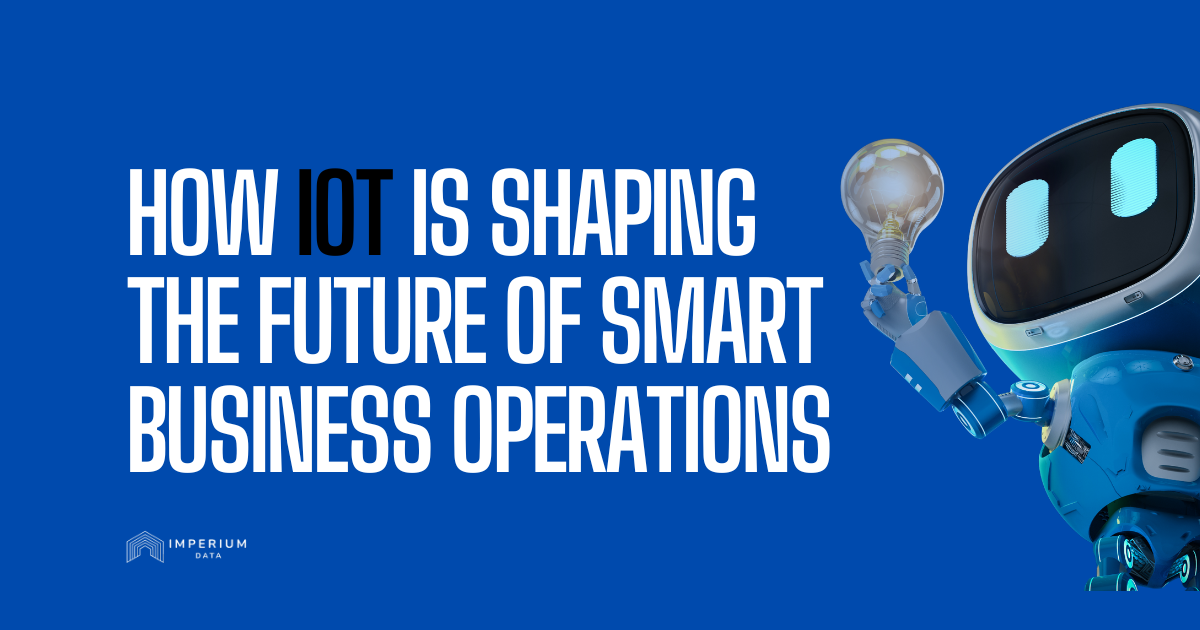Exploring VoIP: Revolutionizing Corporate Communication
In today’s rapidly evolving digital landscape, Voice over Internet Protocol (VoIP) has emerged as a game-changer in the world of communication. Simply put, VoIP allows you to make phone calls using your internet connection instead of a traditional landline. However, there’s much more to VoIP than meets the eye. Its capabilities extend far beyond basic phone calls, and it has the potential to revolutionize how businesses operate.
The Modern Face of VoIP
If your knowledge of VoIP is based on outdated perceptions from years ago, it’s time for an update. Gone are the days of costly and unreliable systems with garbled voices and complicated requirements. Modern VoIP solutions offer superior call quality with high-definition sound and noise-canceling phones, enhanced encryption and security features, and cost-effective local and international rates. By embracing VoIP, you can enhance your calling system, transform your business operations, and save money simultaneously.
How Does VoIP Work?
To understand how VoIP works, let’s take a closer look at traditional phone systems. They rely on analog telephone lines to transmit voice signals as electrical signals. These signals traverse a network of lines until they reach the recipient.
With VoIP, communication is converted into digital data packets using your existing internet hardware, such as a modem and router. If you have access to a high-speed internet connection, you already have the foundation to leverage VoIP’s superior calling capabilities. The tools that provide your business with fast and reliable internet can now also be utilized to unlock the potential of advanced calling features that were previously unexplored.
Simplifying the Complexity
Despite the complexity of the underlying technology, the process of bringing VoIP to life is remarkably straightforward. When using a VoIP-enabled phone, it connects to your Local Area Network (LAN). From there, the phone instructs the service to call the desired party and transmits data packets across the network. The phone also receives and translates these data packets into the audible sound you hear. The magic happens without the need for a traditional telephone company, telephone wires, or analog systems. It’s all made possible through your internet hardware, the right phone, and a strong connection.
The Advantages of VoIP
So, what makes VoIP such a big deal? The answer is simple: it opens up a world of possibilities beyond traditional phone lines. By converting phone calls into data packets using internet technology, a host of new tools becomes available that can streamline and enhance your business operations. Some of the remarkable advantages of VoIP include:
- Automated voice greetings and call routing to direct callers to the appropriate department.
- Call recording to maintain accurate records and facilitate quality control.
- Collection and analysis of call data for valuable insights into customer interactions.
- Voicemail messages delivered to your email inbox or transcribed into text for easy accessibility.
- Video conferences to facilitate remote collaboration and virtual meetings.
- Faxing without the need for a physical fax machine, enabling paperless communication.
- Customizable music or audio files to play while callers are on hold, enhancing their experience.
These features go beyond the capabilities of traditional phones. Many enhanced VoIP tools operate in the cloud, accessible through user-friendly apps that can be used on various devices. This accessibility allows team members, vendors, and customers to interact in new and efficient ways, improving productivity and user experience. Work gets done faster, data is aggregated and analyzed, and the possibilities for seamless communication are virtually limitless. Plus, with built-in call encryption, the entire VoIP experience is safeguarded for all parties involved.
Considerations and Challenges
For a modern, web-friendly business, there’s not much of a catch when it comes to VoIP. However, there are a few important factors to keep in mind:
- Reliable high-speed internet: To ensure optimal VoIP performance, a dependable high-speed internet connection is essential.
- IP-enabled phones or adapters: Different phones or adapters may be required to make your existing phones compatible with VoIP.
- Emergency services: It’s important to note that emergency services may require additional information to accurately determine your call’s origin.
- Power outages: Since VoIP relies on the internet, a power outage can jeopardize your phone system. Planning for contingencies, such as forwarding calls to a cell phone or voicemail, or implementing a battery backup system, is crucial.
Overall, the benefits of VoIP far outweigh these considerations. VoIP can modernize your communication systems, enhance productivity, and save costs in the long run.
Partner with VoIP Experts
As you embark on your journey to leverage VoIP for your business, it’s important to have the right guidance and expertise by your side. That’s where Imperium Data Networks comes in. Our team of VoIP specialists will take you from exploring the opportunities and benefits of VoIP to seamless integration with the necessary technology. With our extensive experience and knowledge, we can help you choose the right VoIP tools and services that align with your unique business needs.
Don’t miss out on the transformative power of VoIP. Contact Imperium Data today to discover how VoIP can revolutionize your business communications and propel your organization into the future.



